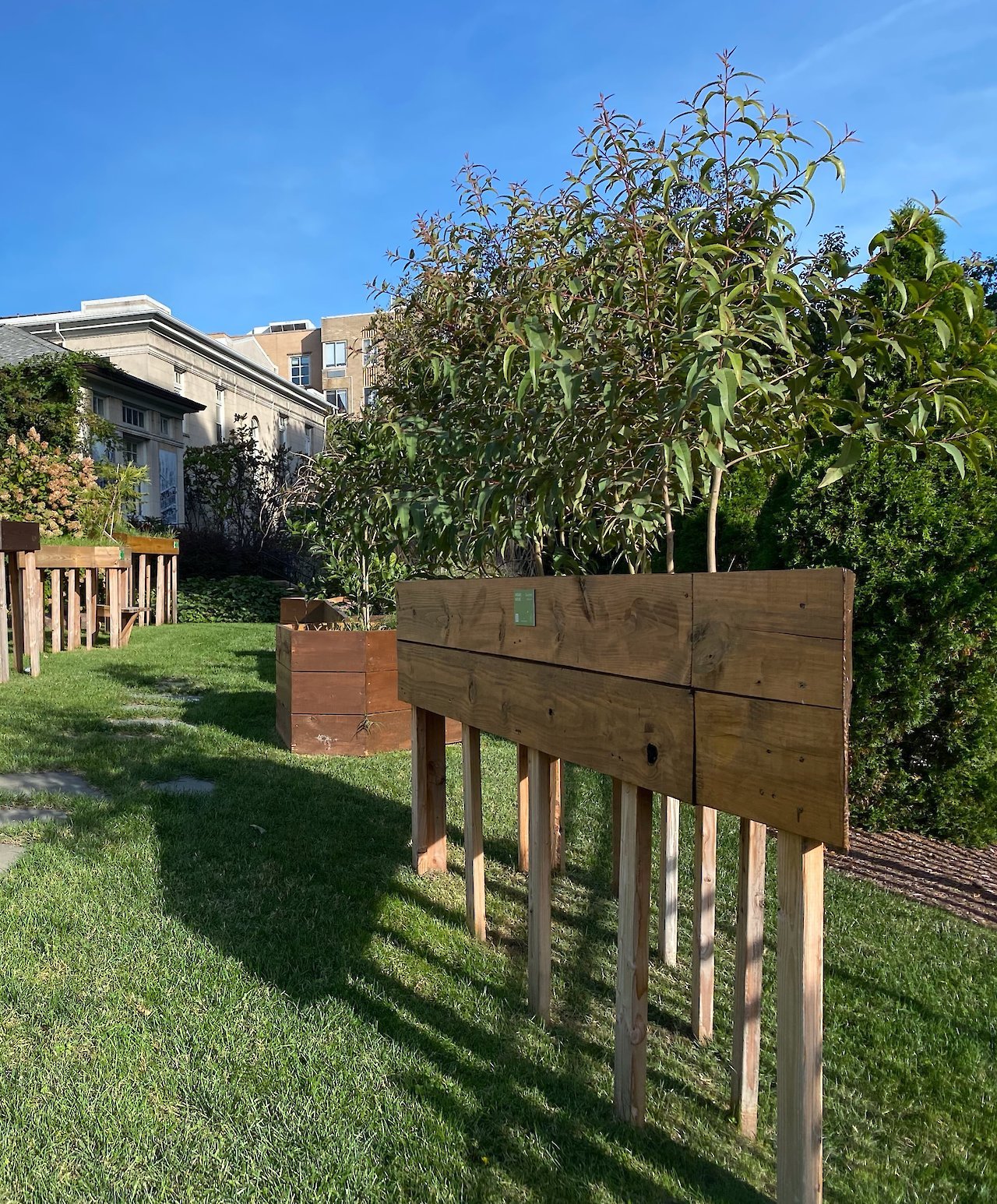Timor (East Timor)
Stop 11
Ecological capital
Legend
The height of the beds is connected with the natural resources produced and used by each of the countries today. The elevation of the beds represents the natural resources value, being the tallest the one with more Ecological Capital. This graphic contrast the percentage of global natural resources the country uses vs the percentage of global natural resources they have.
Native and others
- Native and others (98%)
- Western descent (2%)
Legend
The color of the beds is connected with the ethnographic diversity of the places they represent today. The colors ranging from natural wood to black reveal the demographic reality divided in this graphic between people from Western descent vs Native & others.
Eucalyptus
Eucalypts originated between 35 and 50 million years ago, not long after Australia-New Guinea separated from Gondwana. They are mostly native to Australia, with a very small number of native species found in parts of adjacent New Guinea and Indonesia and one as far away as the Philippines. Although eucalypts must have been seen by the very early European explorers and collectors, no botanical collections of them are known to have been made until 1770 when Joseph Banks and Daniel Solander arrived at Botany Bay with Captain James Cook.
Timor was the last stop of the expedition before heading back to Spain crossing the Indic Ocean. Only one ship, The Victoria, commanded by Juan Sebastian Elcano, made it to Timor with 51 men and fully loaded with cloves and spices. The Victoria set sail on December 21st, 1521.
Today many species of eucalyptus are cultivated widely throughout the temperate regions of the world as shade trees or in forestry plantations. Economically, eucalyptus trees constitute one of the most valuable groups within the order Myrtales.
Eucalyptus is considered an ecological threat and an invasive species in many countries including Spain and the USA, where monocultures have raised concerns about loss of biological diversity, water sequestration or fire hazards. Eucalyptus is used industrially for many purposes, but it is eucalyptus oil the most successful today with a $900 million revenue.
